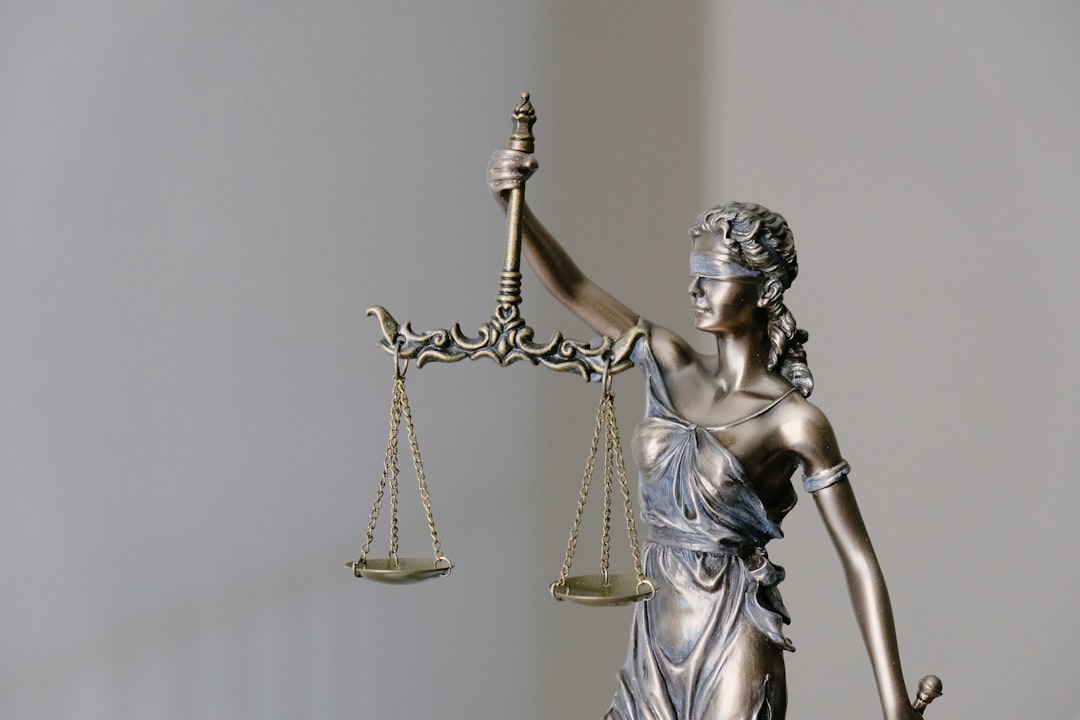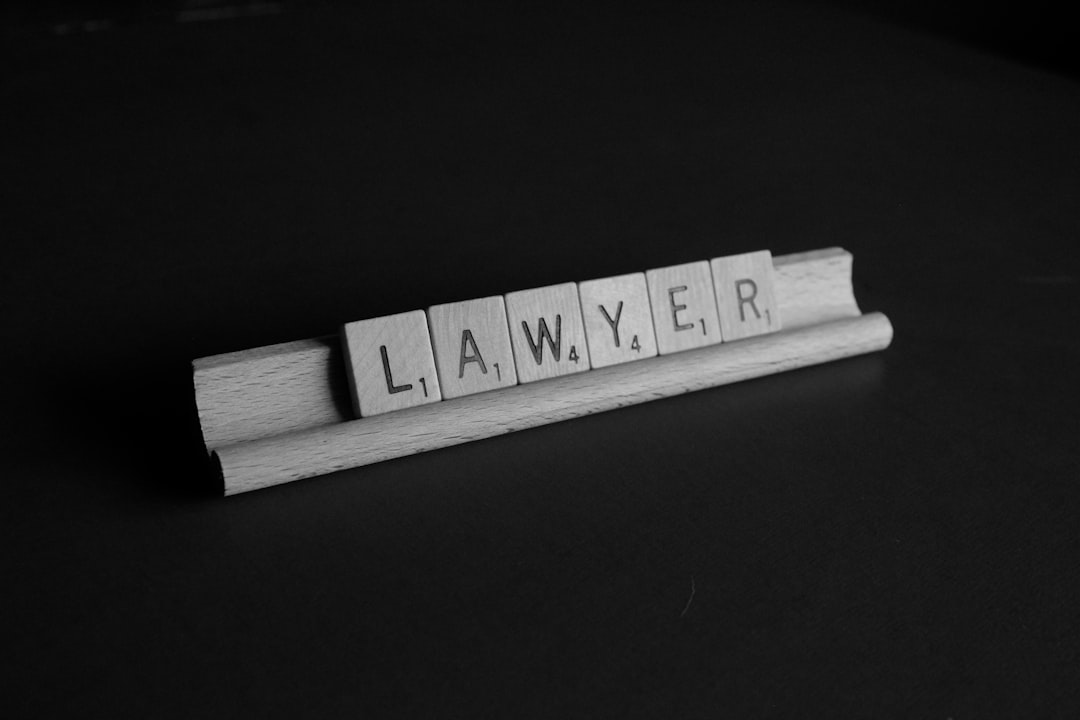“In Maryland, ensuring the safety of children in after-school programs is paramount. This comprehensive guide explores the state’s legal framework for sexual abuse prevention, highlighting the crucial role that after-school providers play in child protection. We delve into identifying potential red flags and established reporting mechanisms, offering best practices to implement robust safety measures. Additionally, we provide resources for victims and educators, emphasizing the support available through Maryland’s sexual abuse law firms. Together, let’s fortify our community against this heinous crime.”
Understanding Maryland's Legal Framework for Sexual Abuse Prevention

In Maryland, the legal framework for sexual abuse prevention is stringent and multifaceted. The state has enacted robust laws to protect children and adolescents participating in after-school programs from any form of sexual exploitation or abuse. Sexual abuse law firms in Maryland play a vital role in interpreting and enforcing these laws, ensuring that organizations operating after-school activities adhere to strict guidelines. These regulations encompass everything from background checks on staff and volunteers to detailed protocols for reporting and responding to incidents, aiming to create a safe environment for young participants.
The legal framework also mandates comprehensive training programs for employees and volunteers, fostering a culture of awareness and accountability. By holding institutions and individuals accountable through these laws, Maryland seeks to prevent sexual abuse and ensure that victims receive the necessary support and justice. Sexual abuse law firms in the state collaborate with authorities and community organizations to interpret and implement these laws effectively, contributing to a safer after-school experience for all children.
The Role of After-School Programs in Child Safety

After-school programs play a pivotal role in enhancing child safety, especially in Maryland, where sexual abuse prevention is a pressing concern. These programs provide an extended period of supervision and engagement for children after regular school hours, offering a unique opportunity to implement comprehensive safety measures. By having dedicated staff and volunteers, these programs can deliver structured activities, foster positive relationships, and educate young minds about personal safety, consent, and recognizing potential threats.
In Maryland, with the support of sexual abuse law firms and community initiatives, after-school programs are increasingly incorporating trauma-informed practices and child protection training for their staff. This proactive approach ensures that children not only have a safe space to learn and play but also gain valuable skills to protect themselves from sexual abuse and exploitation. Such programs contribute significantly to the overall well-being of Maryland’s youth, breaking down potential barriers and fostering a culture of awareness and resilience.
Identifying Red Flags and Reporting Mechanisms

Recognizing potential red flags is an essential step in preventing sexual abuse within after-school programs in Maryland. Staff members should be trained to identify unusual behaviors, such as a child’s sudden withdrawal from activities, changes in mood or appetite, or unexplained injuries. These signs might indicate underlying issues that require immediate attention. Moreover, establishing robust reporting mechanisms is crucial for creating a safe environment. All staff and volunteers must be encouraged to report any suspected abuse or inappropriate behavior to designated authorities without fear of retaliation.
Maryland’s sexual abuse law firms emphasize the importance of prompt reporting to ensure swift action and potential justice for victims. Many states, including Maryland, have laws in place that mandate reporting suspicious activities to child protective services. By implementing these measures, after-school programs can foster an environment where children feel safe and any potential risks are promptly addressed, thus safeguarding their well-being.
Best Practices for Implementing Comprehensive Safety Measures

Implementing comprehensive safety measures in Maryland’s after-school programs is paramount to fostering a secure environment for all participants, especially considering the sensitive nature of youth vulnerability. Best practices involve multifaceted strategies that include rigorous background checks for staff and volunteers through reputable sexual abuse law firms in Maryland. This ensures that individuals with a history of sexual abuse or exploitation are not permitted access to children. Moreover, training programs should be mandatory, focusing on recognizing and reporting potential abuse, consent, personal boundaries, and child protection policies.
Creating clear and consistent reporting protocols is another critical component. All staff should be equipped with the knowledge and confidence to identify suspicious behavior and report it immediately to designated authorities without fear of retaliation. Establishing safe spaces where children can voice concerns or share experiences discreetly also contributes to a culture of openness and trust. Regular reviews and updates of these safety measures are essential to keep up with evolving best practices, ensuring that Maryland’s after-school programs remain proactive in the fight against sexual abuse.
Resources and Support for Victims and Educators in Maryland

In Maryland, victims of sexual abuse and educators have access to a range of resources and support services designed to help them navigate this difficult situation. Many non-profit organizations and government agencies offer counseling, legal aid, and educational programs tailored to addressing child sexual abuse. These include specialized hotlines, therapy sessions, and workshops aimed at empowering both survivors and those charged with their protection.
For instance, sexual abuse law firms in Maryland play a crucial role in providing legal counsel and representation to victims, ensuring they understand their rights under the state’s strict sexual abuse laws. Additionally, there are dedicated centers offering safe spaces for reporting, recovery, and healing. These resources underscore Maryland’s commitment to fostering a secure environment within after-school programs and beyond, promoting awareness and prevention efforts across the state.






